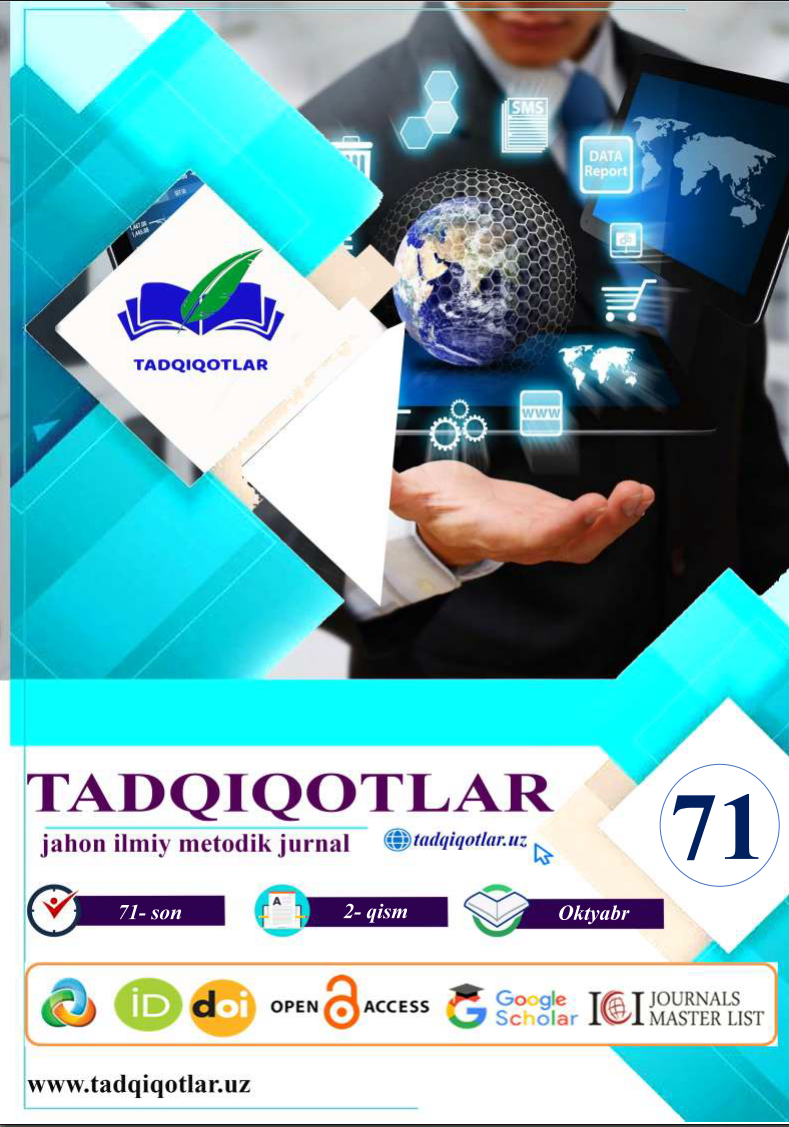CONCEPTUAL METAPHOR AND CULTURAL MODELS IN ENGLISH AND UZBEK PHRASEOLOGY: A COGNITIVE-LINGUISTIC PERSPECTIVE
Keywords:
Keywords: phraseology, conceptual metaphor, cognitive linguistics, English, Uzbek, cultural models, idiomsAbstract
Abstract. Phraseological units (PUs)—idioms, proverbs, collocations, and set
expressions—constitute a vital layer of the lexicon, encapsulating collective cognitive
and cultural experience. This article examines phraseological systems in English and
Uzbek through the lens of conceptual metaphor theory (Lakoff & Johnson, 1980) and
cultural models (Kövecses, 2005). While earlier studies tended to treat idioms as
arbitrary, the cognitive paradigm highlights their conceptual motivation and
embodiment. Based on a comparative corpus of English and Uzbek idioms, theyare
categorized into embodied, environmental, and socio-cultural domains. Analysis
reveals both universal metaphors and culture-specific models.
References
References:
1. American heritage dictionary of idioms. Houghton Mifflin, 2015.
2. Charteris-Black, Jonathan. Corpus approaches to critical metaphor analysis.
Palgrave Macmillan, 2004.
3. Dobrovol’skij, Dmitrij. “Cultural specificity in phraseology.” International journal
of lexicography, vol. 21, no. 1, 2008, pp. 21–40.
4. Gibbs, Raymond W. The poetics of mind: Figurative thought, language, and
understanding. Cambridge UP, 1994.
5. Kövecses, Zoltán. Metaphor: A practical introduction. 2nd ed., Oxford UP, 2010.
6. Kunin, Aleksandr V. Kurs frazeologii sovremennogo angliyskogo yazyka.
Vysshaya Shkola, 1996.
7. Lakoff, George, and Mark Johnson. Metaphors we live by. U of Chicago P, 1980.
8. Cambridge idioms dictionary. Cambridge UP, 2015.
9. Vinogradov, Viktor V. Russkaya frazeologiya. Nauka, 1946.
10. Wierzbicka, Anna. Understanding cultures through their key words. Oxford up,
1997.

